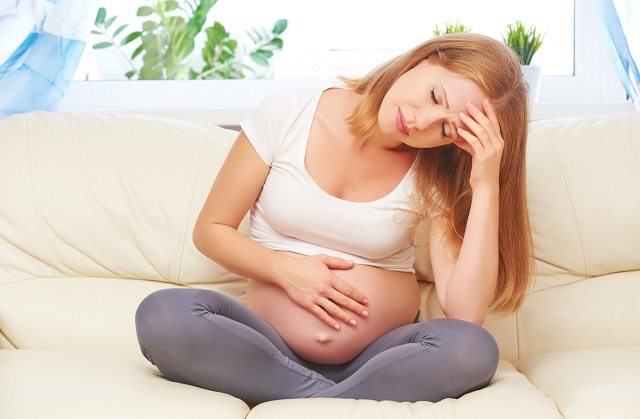The cringe factor – embarrassing pregnancy problems
The first in our two part series ‘The Cringe Factor – Embarrassing Pregnancy Problems’ we discuss the most common embarrassing problems in pregnancy! Think of pregnancy, and you think of a prettily pregnant lady gazing serenely at cute baby clothes as her baby gently kicks inside her. The truth is rather different, however, as our guide to those embarrassing pregnancy problems reveals…
Flatulence
Excess gas can surprise a lot of people in pregnancy, but you’re not alone – nearly everyone has an embarrassing fart story from pregnancy yoga. When pregnant, you have much higher levels of progesterone, which relaxes muscles throughout your body, including your gastrointestinal tract. This slows down your digestion, which can lead to gas, bloating, burping, and flatulence. In addition, as your baby grows, your uterus pushes on your stomach, which leads to more bloating and gas. This can also lead to heartburn and constipation. Nice.
WHAT YOU CAN DO: Unfortunately, gas and bloating are very common in pregnancy, and you can’t completely eliminate them. You can help, however, by eating slowly and chewing well; opting for smaller, more frequent meals; sitting upright when eating; wearing loser clothing around your tummy; avoiding carbonated drinks; looking for “trigger” foods like too much fruit, sorbitol, and fatty and fried foods; avoiding chewing gum; and getting regular exercise. For heartburn and indigestion issues, there are a number of over-the-counter remedies available, so always talk to a pharmacist or GP.
Leaking breasts
It’s not just your uterus that’s preparing to give birth – your breasts are also preparing to nourish your newborn baby. High levels of the hormone prolactin towards the end of pregnancy can result in fluid leaking from your nipples when they are touched or stimulated. This is perfectly normal and a sign that your body is getting ready to breastfeed.
WHAT YOU CAN DO: You can’t prevent the leaking (and in fact you should see it as a positive thing) but you can be prepared to stop any unsightly and potentially embarrassing damp spots appearing on your clothes by opening up your pack of breastpads early. If the leakage smells bad or looks bloody, check with your doctor or midwife in case it’s a sign of infection. In very rare cases, bloody discharge can be an early warning sign of breast cancer, so always check with your concerned at any stage.
Piles
Hemorrhoids, or piles, affect more than half of all pregnant women, especially later in pregnancy. Piles are varicose veins in the rectum, and can occur both externally and internally. External piles look like Small bunches of grapes. They are caused by increased blood flow in the area, and pressure from the growing uterus. Con-stipation is common thanks to hormonal changes affecting the digestive tract, and this can add to the problem. Piles can often cause rectal bleeding (particularly if they burst); however, all instances of bleeding should be investigated by your GP or midwife. The good news is that piles generally go away after you give birth.
WHAT YOU CAN DO: Prevention is definitely better than cure when it comes to piles. Your first port of call is ensuring you have a good diet, drinking plenty of water and eating fibre-rich food, to make sure you don’t get constipated. Regular exercise, including your Kegel exercises, can help circulation, which will prevent issues like piles. Avoid sitting or standing for long periods of time, and don’t sleep on your back – this will reduce pressure on the area. If you do get piles, keep the area clean and try a warm bath, an ice pack or witch hazel to relieve discomfort; you can also invest in a doughnut-shaped pillow if sitting is too uncomfortable. Finally, try an over-the-counter remedy for piles, or see your GP if the discomfort gets too much. Remember- there is usually always something that can be done so make sure you seek medical advice if needed.
maternity & infant
Originally posted 2017-12-08 10:26:34.

